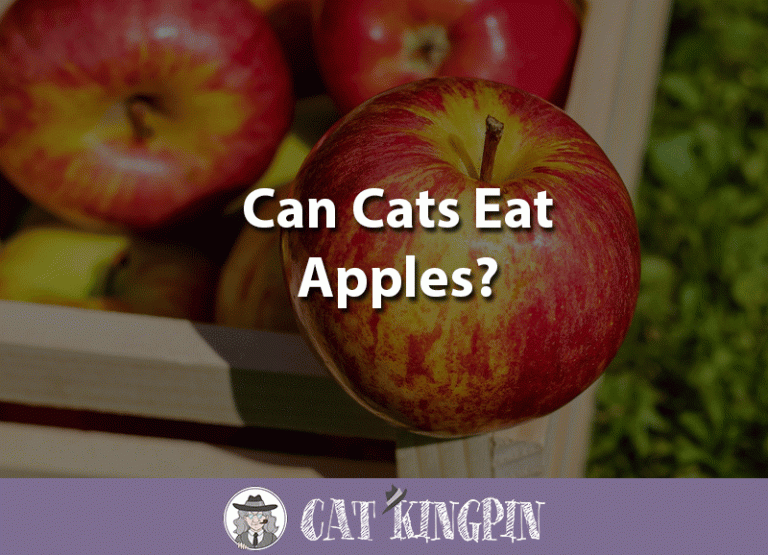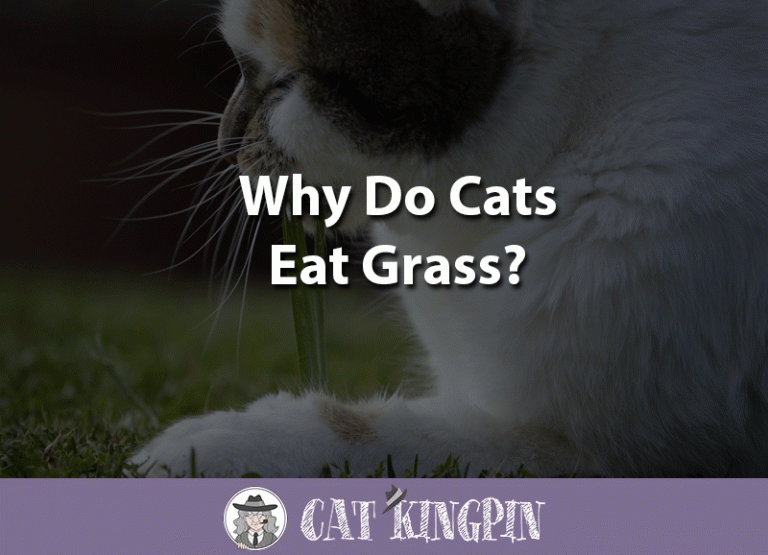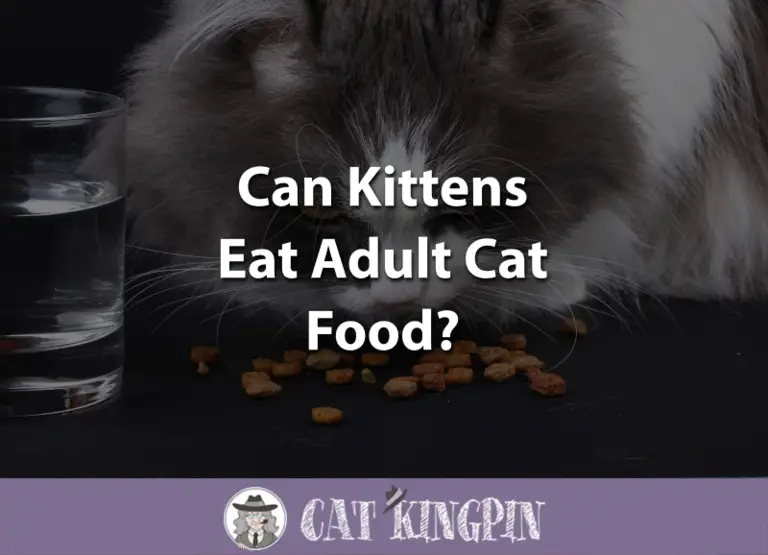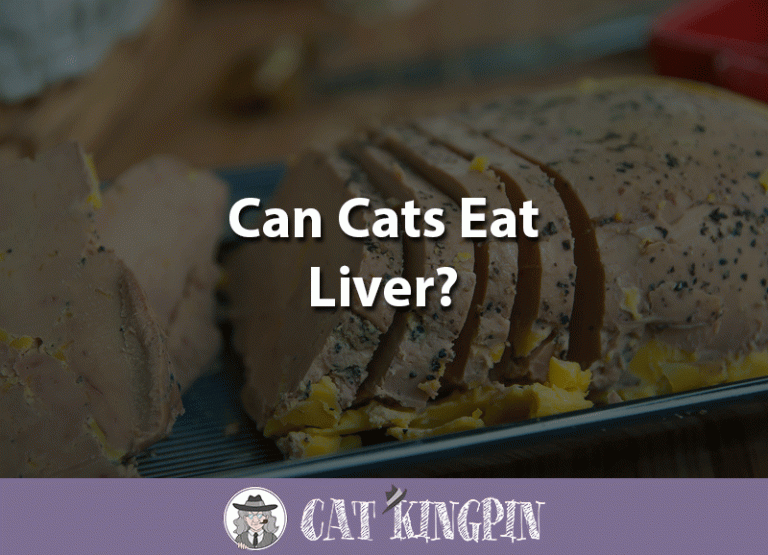Can Cats Eat Berries?
People generally consider berries to be a healthy, tasty, and popular snack. Just look at all the different ways people eat berries – fresh, in pies, on ice cream, and made into jelly on a PB&J sandwich!
You may be wondering if berries are a healthy snack for your cat. Well, they can be, but the first question we need to ask is what exactly we are talking about when we refer to berries?
While this may seem like a silly question, many fruits we refer to as “berries” technically are not, and others, including some vegetables, are berries even though we would never guess that they were. On top of that, some true berries can cause illness or even death if a cat were to eat them.
Let’s take a closer look at berries and find out which ones cats can eat. In this article we’ll cover the following;
- Cats and Berries, What You Need to Know
- Can Cats Eat Berries?
- Can Cats Eat Juniper Berries?
- Can Kittens Eat Berries?
- Benefits/Drawbacks to Cats Eating Berries
- Healthy Alternatives to Berries
Cats and Berries, What You Need to Know
Botanically, a berry is a small, simple, pulpy fruit. A great many of the different types of berries are edible, which is likely an adaptation so that animals will eat them and spread the plant’s seeds.
Scientifically, besides fruits like grapes and blueberries, true berries include bananas, tomatoes, eggplants, cucumbers, persimmons, watermelons, pumpkins, and many others. Conversely, strawberries, raspberries, and blackberries are not actually berries, but are aggregate fruits.
Berries are considered to be one of the healthiest foods people can eat. As a group, they are high in fiber, antioxidants, vitamins, and minerals including vitamin C, manganese, and folate.
Consumption of berries by people has been linked to improved blood sugar and insulin response, lower cholesterol levels, improved heart health, and the prevention of some types of cancer. For people, there is little downside to what we will refer to as “people-food” berries.
As far as cats go, many do enjoy the taste of berries. As we can see in this video, one lucky kitty even has his own, special, berry-eating outfit:
https://www.youtube.com/watch?v=Gq1-ziJwFhM
I’m not sure how many of those berries he actually ate, but the main thing is that he did it in style!
Can Cats Eat Berries?
If you are talking about people-food berries, then your kitty should be okay to eat most types in moderation, with the exception of grapes. However, don’t be surprised if your cat doesn’t actually eat the berries.
Even if they will eat berries, the more important question is whether berries are healthy for your cat? The truth is that while most berries are not harmful, cats don’t really get many health benefits from eating berries. This is because cats are obligate carnivores, which means all they really need to eat is meat. While berries do contain vitamins and anti-oxidants, cats actually are very poor at deriving nutrition from foods that aren’t meat.
You’ve much better off feeding your cat meat-based treats that contain bits of fruit, like Wellness Kittles Salmon and Cranberry Cat Treats.
While a lot of cats do enjoy the occasional taste, many cats are more likely to just play with the berries. As we can see from the next video, some cats even get a little ticked off when you offer them a berry:
Maybe he’s just mad because he knows that strawberries are really an aggregate fruit and not actually a berry.
Can Cats Eat Juniper Berries?
Juniper berries are not actually berries, but are the female seed cone from juniper trees. Juniper berries are not considered to be toxic to cats, but if they eat too many, it can lead to abdominal pain and kidney problems.
There is also some evidence that in people, a side effect of ingesting juniper berries is miscarriage. Just to be on the safe side, if your cat is pregnant, don’t feed them juniper berries.
Can Kittens Eat Berries?
Kittens tend to be even more susceptible to things than adult cats. They are even more prone to getting indigestion and diarrhea if they eat too many berries.
Further, since kittens do not have as much experience with different food items they should be monitored when eating berries to make sure they don’t choke on them.
When it comes to kittens, it’s always best to stick to a high-quality kitten food which they can derive all of their nutrients from, like Blue Wilderness Kitten Food.
Benefits/Drawbacks to Cats Eating Berries
So even though cats can eat berries, are they really good for cats?
All mammals need sufficient vitamin C to survive, and most manufacture it in their livers. Because humans don’t produce enough vitamin C in their livers, they must eat oranges, grapefruits, and other vitamin C-rich foods or they will end up getting scurvy.
Cats (and dogs), on the other hand, make plenty of vitamin C in their own livers, so they don’t need to eat berries to get enough vitamin C. It won’t hurt a cat to get a little extra of water soluble vitamins, like vitamin C. They just don’t need it.
Similarly, cats don’t need fiber in their diet. In fact, food containing fiber can have a laxative effect on cats.
There are a few types of berries that deserve some extra attention because of their potential for being poisonous to cats. These include grapes and berries from deadly nightshade and pokeweed plants.
Grapes, and their dried counterpart, raisins, are known to be poisonous to dogs. They are suspected of having a similar toxicity in cats.
In dogs, ingestion of even small amounts of raisins or grapes has resulted in severe, acute kidney failure. Symptoms of grape poisoning in dogs (and possibly cats) include:
- Vomiting
- Diarrhea
- Abnormal drinking or urination
- Lethargy
- Poor appetite
- Halitosis (bad breath)
- Dehydration
If you think your cat has eaten raisins or grapes and is showing any of these symptoms, call animal poison control and take your cat to your veterinarian immediately!
While nightshade and pokeweed are not people-food berries, the fruits of these plants look attractive and edible. Children, especially, might pick these berries and bring them inside where either they or your cat could ingest them.
Symptoms of deadly nightshade poisoning include:
- Depression
- Elevated heart rate
- Possible respiratory failure or hallucinations
Symptoms of pokeweed poisoning include:
- Drooling
- Vomiting
- Refusal of food
- Diarrhea
- Possible tremors
- Hypotension (low bloog pressure)
Once again, if you think your cat has eaten either of these poisonous berries, call animal poison control and take your cat to your veterinarian immediately!
Healthy Alternatives to Berries
Since cats derive the vast majority of their nutrition from eating meat, there is actually little benefit for cats to eat berries. Too many berries could cause indigestion. All in all, though, berries can be a fun and healthy treat for your kitty that’s an interesting change of pace from their normal food.
So, Can Cats Eat Berries?
Cats are fine to have a small amount of people-food berries from time to time.
But, how about trying a cat food made with berries such as Farmina Natural or FirstMate Pet Foods Renaissance Grain-Free, instead? Berries are also used in Solid Gold Berry Balance Supplements and Uri Natural Care For Cats made just for your cat.
If you have any questions or would like to share a story about your cat eating, or just playing with berries, please tell us in the comments below. We’d love to hear from you!







